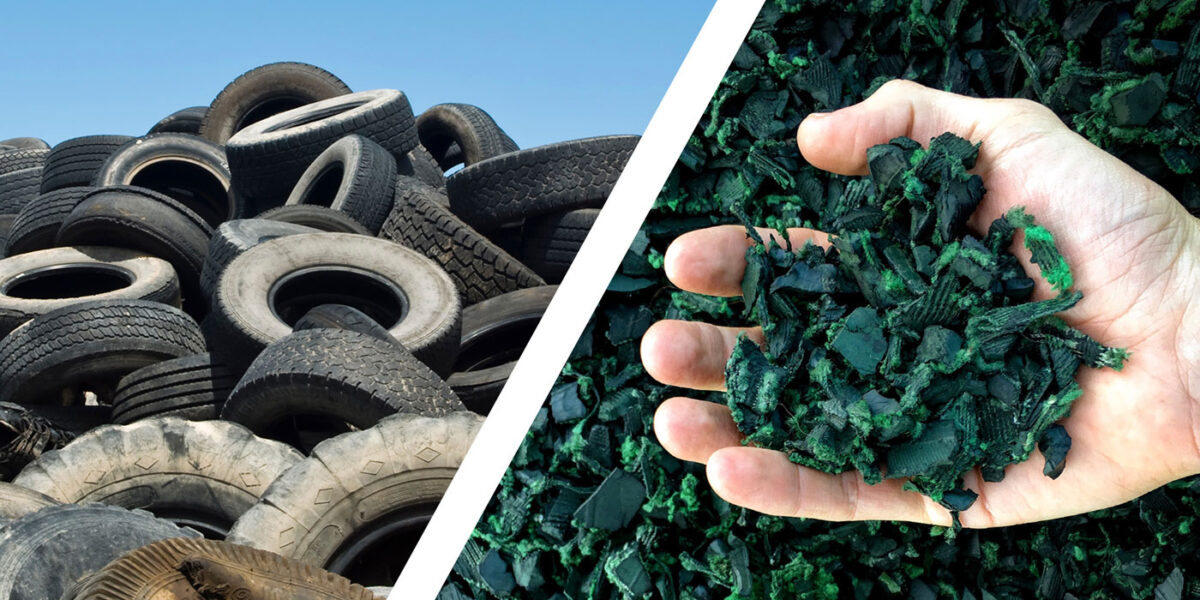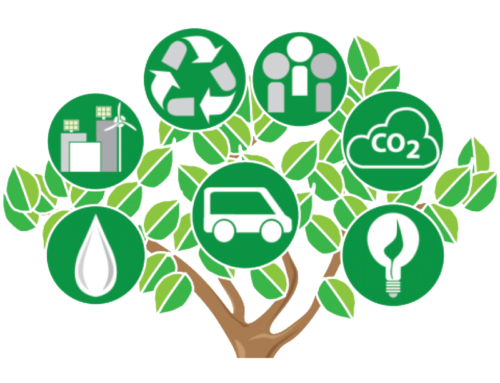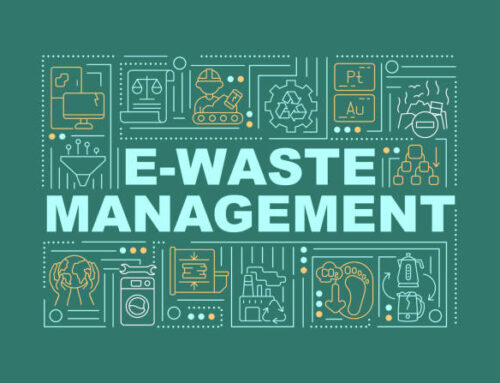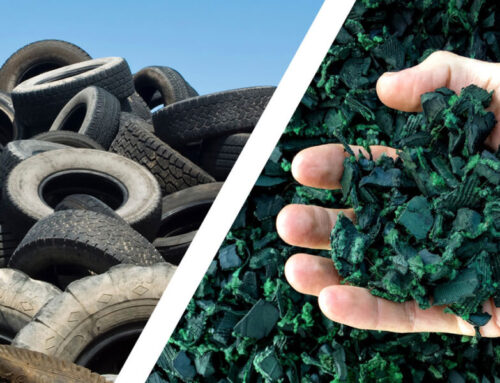The CPCB Instructs Tire Manufacturers to Attain EPR Certificate For Tire disposal
EPR Certificates for Tire Disposal

According to federal guidelines, waste tire producers at the moment are required to satisfy their Extended Producer Responsibility (EPR) duties via obtaining EPR certificates from certified recyclers. The Central Pollution Control Board (CPCB) has issued directives to all tire producers to satisfy their EPR duties for the 2023 and 2024 monetary years.
EPR acts as a systematic technique that shifts responsibility for environmental affects beyond its initial manufacturing length, and imposes them at the producer at some point of its lifecycle, inclusive of the disposal and end-of-lifestyles control. This includes buying EPR certificate from approved recyclers and filing normal quarterly and annual reviews to regulators.
All registrants are required to supply EPR certificate based on the amount of waste tires recycled. Additionally, recyclers are required to recycle waste tires and bring a corresponding EPR certificates. These certificates have to be introduced to the EPR channel, in accordance with the Hazardous and Other Substances (Management and Transboundary Amendment Rules, 2022), and follow the relevant processing methods within the EPR channel, as stated in the CPCB file
Recycling pursuits to reduce the environmental effect of tire waste, divert it from landfills and turn it into valuable products for industries. The quit merchandise of tire recycling are reclaimed rubber, pulverized rubber, bituminous shredded rubber, recovered carbon black (doubtlessly worthwhile).



